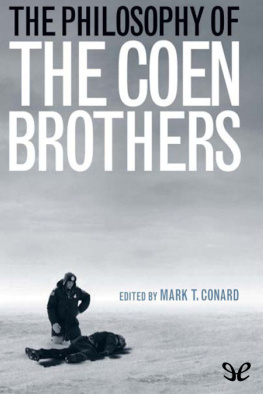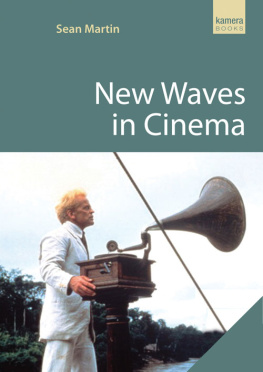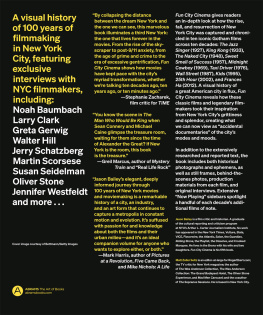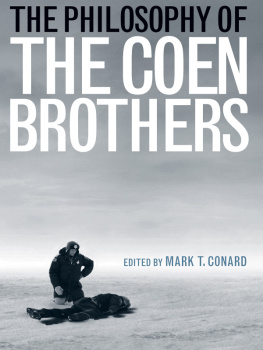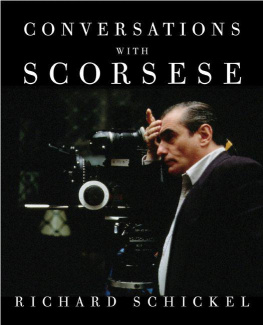Mark T. Conard - The Philosophy of Martin Scorsese
Here you can read online Mark T. Conard - The Philosophy of Martin Scorsese full text of the book (entire story) in english for free. Download pdf and epub, get meaning, cover and reviews about this ebook. year: 2007, publisher: The University Press of Kentucky, genre: Science. Description of the work, (preface) as well as reviews are available. Best literature library LitArk.com created for fans of good reading and offers a wide selection of genres:
Romance novel
Science fiction
Adventure
Detective
Science
History
Home and family
Prose
Art
Politics
Computer
Non-fiction
Religion
Business
Children
Humor
Choose a favorite category and find really read worthwhile books. Enjoy immersion in the world of imagination, feel the emotions of the characters or learn something new for yourself, make an fascinating discovery.

- Book:The Philosophy of Martin Scorsese
- Author:
- Publisher:The University Press of Kentucky
- Genre:
- Year:2007
- Rating:5 / 5
- Favourites:Add to favourites
- Your mark:
The Philosophy of Martin Scorsese: summary, description and annotation
We offer to read an annotation, description, summary or preface (depends on what the author of the book "The Philosophy of Martin Scorsese" wrote himself). If you haven't found the necessary information about the book — write in the comments, we will try to find it.
Academy Award--winning director Martin Scorsese is one of the most significant American filmmakers in the history of cinema. Although best known for his movies about gangsters and violence, such as Mean Streets, Goodfellas, Casino, and Taxi Driver, Scorsese has addressed a much wider range of themes and topics in the four decades of his career. In The Philosophy of Martin Scorsese, an impressive cast of contributors explores the complex themes and philosophical underpinnings of Martin Scorseses films. The essays concerning Scorseses films about crime and violence investigate the nature of friendship, the ethics of vigilantism, and the nature of unhappiness. The authors delve deeply into the minds of Scorseses tortured characters and explore how the men and women he depicts grapple with moral codes and their emotions. Several of the essays explore specific themes in individual films. The authors describe how Scorsese addresses the nuances of social mores and values in The Age of Innocence, the nature of temptation and self-sacrifice in The Last Temptation of Christ and Bringing Out the Dead, and the complexities of innovation and ambition in The Aviator. Other chapters in the collection examine larger philosophical questions. In a world where everything can be interpreted as meaningful, Scorsese at times uses his films to teach audiences about the meaning in life beyond the everyday world depicted in the cinema. For example, his films touching on religious subjects, such as Kundun and The Last Temptation of Christ, allow the director to explore spiritualism and peaceful ways of responding to the chaos in the world.Filled with penetrating insights on Scorseses body of work, The Philosophy of Martin Scorsese shows the director engaging with many of the most basic questions about our humanity and how we relate to one another in a complex world.
Mark T. Conard: author's other books
Who wrote The Philosophy of Martin Scorsese? Find out the surname, the name of the author of the book and a list of all author's works by series.

